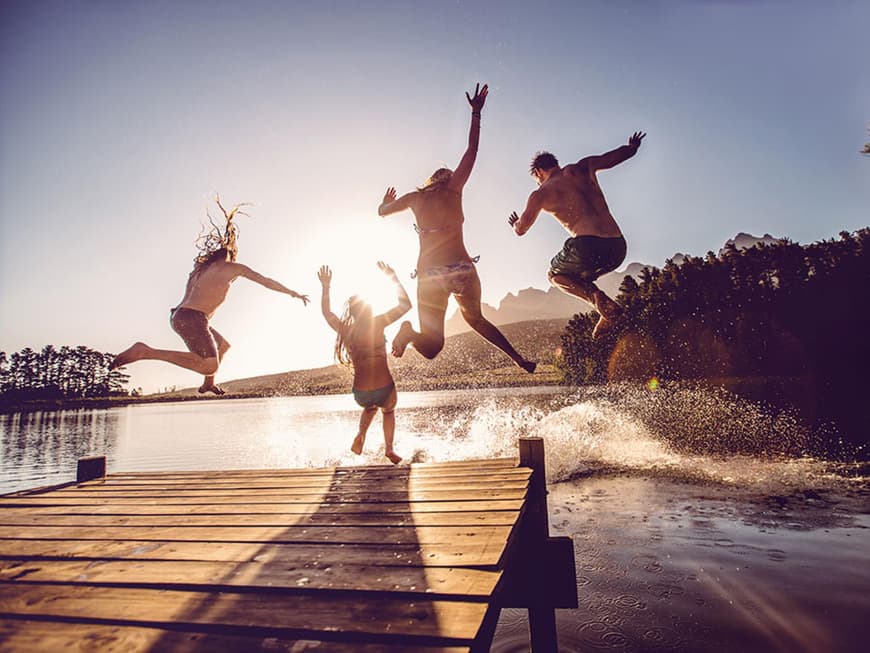
Every second primary school pupil can barely swim
"There are many reasons for this. First and foremost, parents are responsible for ensuring that their children learn to swim. They should enrol them in a swimming course from pre-school age. There are fewer and fewer swimming lessons in elementary school, even though they are included in the curriculum. We are therefore calling for schools to do more of their duty. However, many schools no longer have a pool nearby because smaller pools in particular are closing due to costs."
What are the most common causes of swimming accidents?
"In most cases, carelessness or overconfidence lead to accidents. There is also often a lack of awareness of the risks. Bathing rules are disregarded and alcohol is often involved. Many people also swim in unguarded places with little prospect of rescue in an emergency."
Where is it particularly unsafe, where is it very safe?
"You should avoid overgrown, swampy shore areas because it's difficult to get out of the water here. Waterways used by boats are also not bathing areas. The safest places are guarded lakes, open-air or natural swimming pools and beaches. If lifeguards are present, you will recognize them by a hoisted red and yellow flag. There are also warning flags at the DLRG lifeguard stations. A yellow flag means that swimming is dangerous. Children, inexperienced and elderly people should not go into the water. Red signals an absolute bathing ban."
Do I need to prepare for swimming?
"Absolutely. Cool down before going into the water for the first time to avoid circulatory problems. If you are not familiar with the water, feel your way in slowly. Remember that you can quickly be surprised by changing currents in rivers. Do not jump headfirst into the unknown. Only increase the strain on your body slowly and don't swim too far out - many people overestimate their fitness. Do not drink alcohol."
When should I get out of the water again?
"As soon as you start to feel cold. Because you get hypothermia quickly and then get muscle cramps. Even if there is a thunderstorm, go ashore immediately - danger to life!"
What applies when I go swimming with children?
"Don't leave them unattended, even if they have their seahorse certificate. Children are only considered safe swimmers when they have the bronze badge."






